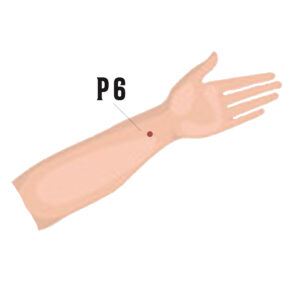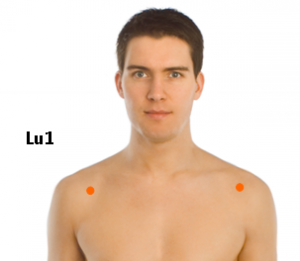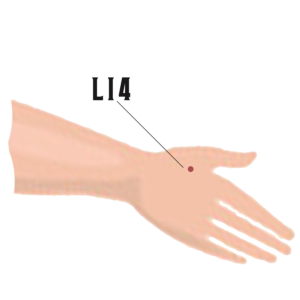Having depression comes with the feeling of being helpless when medication is your only option. Thankfully, you are not limited to this and there are a number of therapies that can be used. These therapies can do a lot to fight back and they range from direct effects on brain chemicals responsible for mood, mind-body and physiological changes. Not all therapies are suitable for everyone, but most people will find that there will be some that will work for them.
Life Style Changes: Eating well, physical activity and getting sleep are crucial to good mental and physical health. Trying something new and set (realistic) goals for personal achievement.
Laughter Therapy: Develop a good sense of humour and laugh. Laughing gives you an instant hit of dopamine, a chemical in the brain that controls feelings pleasure and reward. Of course, laughing by yourself may be hard to achieve, so you can try to use a laugh phone app. One study by Loma Linda University researchers found that even the anticipation of a jovial laugh reduces the levels of stress hormone cortisol, which increases when you are anxious.
Planned rest and relaxation: A planned period of relaxation “Time for myself” has profound benefits. This can be anything from 3 mins of quiet contemplation or 30 min of meditation, yoga, walking, tai chi, or anything you find therapeutic and relaxing e.g. reading, dancing, gardening or singing. Researchers have found that after a period of relaxation, shy men with social anxiety had lower heart rates after they interacted with people.
Essential Oils: Essential oils like lavender, chamomile, ylang ylang and bergamot are good for treating depression. Lavender has a calming effect and can be safely used in the home. A drop on the collar bone or on the chest, or gently rubbed into either side of the temple. The odour is extremely relaxing and studies have shown that it induces calm.
Grounding: In the event of an anxiety attack “do something tangible” to distract your brain e.g. pick up a pen and run your fingers along it, hold a ball or a paper weight in your hand. This works because your brain cannot be in two places at the same time and it will shift negative catastrophic thoughts.
Planned rest and relaxation: A planned period of relaxation “Time for myself” has profound benefits. This can be anything from 3 mins of quiet contemplation or 30 min of meditation, yoga, walking, tai chi, or anything you find therapeutic and relaxing e.g. reading, dancing, gardening or singing. Researchers have found that after a period of relaxation, shy men with social anxiety had lower heart rates after they interacted with people.
Acupressure: Stimulating acupuncture points are known to make positive changes to pain and stress, as well as promoting relaxation. It also deactivates the ‘analytical brain’ which controls anxiety and worry. Research also shows reversal of stress related behaviour changes and biochemistry. Applying finger pressure, with tiny circular movements for a few minutes will stimulate the points. Stimulating these points can also be used as a grounding technique. Some useful points are; Lu 1, P6, LI4.
 |
 |
 |
Yoga: Research has found that yoga boosts levels of the amino acid GABA are higher in those that carry out yoga. GABA is essential for brain function which helps promote a state of calm in the body. Low levels of GABA is associated with anxiety and depression. Here is a video on yoga breathing techniques to reduce anxiety.
Tai Chi and Qi Qong: Tai Chi and Qi Qong is a form of mind-body exercise that originated from China. It is a form of ‘mindful exercise’ using slow meditative movements and breathing. Beneficial effects include; lowering of blood pressure, greater physical functioning and more likely to have reduction in depression symptoms. Here is a tai chi video you can try.
Tea: Chamomile is a good anti-anxiety tea with mild relaxing effects. Green tea is rich in L-theanine amino acid which lowers heart rate, blood pressure and ease anxiety. Lemon Balm has sedative effect therefore calms the nerves, but also beneficial for digestion.
Face the fear: Sometimes it helps to confront your ‘fear’. Understanding what you are scared of can best way to allay your anxiety. Talk to a friend or a mentor.
Supplements: There are a variety of supplements that can help anxiety and depression disorders. These include; multivitamins, essential fatty acids, B-complex, L-Theanine, GABA, 5-HTP and St John’s Wort. It is important to remember that supplements can interact with other medication therefore consulting a knowledgeable health professional is essential.
It does take effort to help yourself, but once you get started it becomes easier and gradually you will start to have Fun. when you reach this just remember “don’t stop” !
